Are you stressed?
Does that seem like a stupid question, in this new post-covid world? Isn’t everyone, all around the world stressed as we sit apparently helplessly, being hammered by constant media reports of wars, climate change, and natural disasters?
Related Articles
Warming winter cakes with home-grown fruit
Bake delicious warming winter cakes from the fruit you’ve grown on the fruit trees in your own garden for extra satisfaction.
3 simple ways to improve your soil
Here are 3 simple ways to kickstart the health of your soil to help you grow fruit that is full of vitamins and minerals.
Saving heritage fruit trees by planting them
Many heritage fruit tree varieties are in danger of going extinct. The best way to save them is by planting them in your backyard.
It’s like the bushfire crisis on steroids, and the whole world is on fire at the same time.
But it isn’t.
Things are serious, without a doubt. Millions of people around the world died in the pandemic, including thousands in Australia. Thousands are losing their lives in current wars.
Without downplaying the seriousness of what’s happening, it’s vital to manage our stress levels.
In times of crisis talking about gardening can seem trivial. But could it be possible that fruit trees can really reduce your stress levels?
Staying grounded … the opposite of being stressed
On social media at the height of the pandemic, it was hard to avoid conspiracy theories and strongly opinionated sentiments. Emotions were heightened and judgments quick and fierce.
Without being naive, we don’t feel that weighing into outrage adds to people’s sense of well-being.
As conflict erupts around us, it’s more important than ever to find ways to manage stress levels and be able to keep enjoying life. It probably won’t surprise you to find out that we think fruit trees are a key stress-reducing tool!
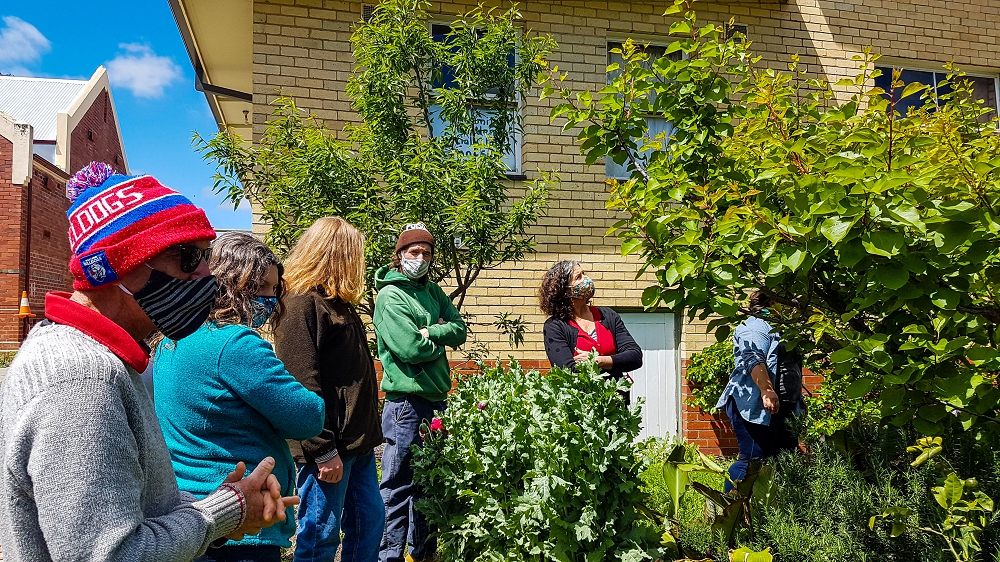
Finding positive solutions to stress
Many support groups, online classes, and social media activities sprang up during the pandemic to help keep everyone socially connected as we became isolated. Now that being locked down is a distant memory they’re still a great way to stay connected to other people.
Our personal strategy for helping to reduce stress has been working with gardeners to help them become self-sufficient in fruit growing.
Because we run an online business and have members all over Australia connecting online is pretty familiar territory for us.
In fact, we use Zoom meetings with the lovely gardeners inside our Grow Great Fruit community for monthly Q&A sessions. We love that technology can let us go face-to-face with our members no matter where they’re gardening.
And we’re not alone. In many ways, the pandemic helped people to get more connected, more often. Here are some examples just from our family:
- The family elders learned how to use Zoom, and we still have regular face-to-face family catch-ups;
- What used to be an irregular dinner engagement with a group of friends has become a regular weekly online card game;
- Siblings and cousins scattered across three continents have weekly Zoom catch-ups.
These ongoing connections are gifts, but online connection definitely has its limitations.
If the pandemic taught us anything, it’s to value the importance of connecting in real life.
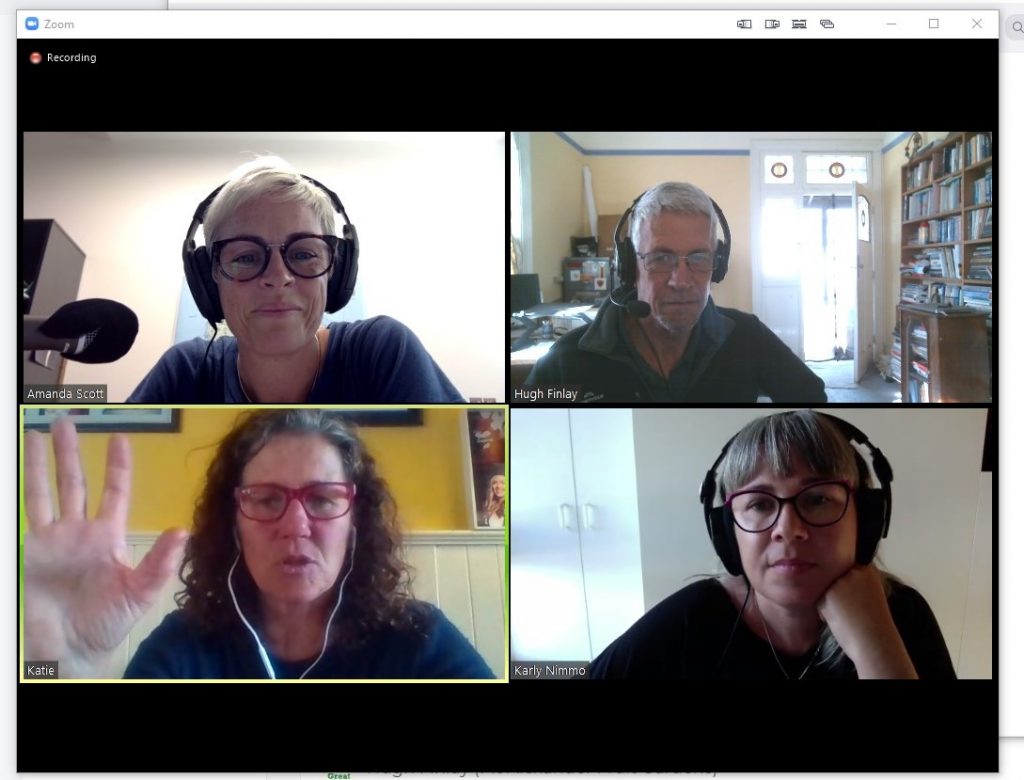
Staying connected in real life
Health workers, teachers, emergency workers, farmers market organisers, and everyone else on the frontline emerged as heroes of the pandemic. They kept us supplied with basic needs, often to the detriment of their own stress levels.
Small-scale farmers and their produce were also in hot demand. The value of local, small-scale, food systems became starkly obvious when supermarket shelves were laid bare.
Small-scale farmers and farmers’ markets found clever ways to stay in business, keep staff employed, and keep feeding people every single week.
But one of the key (and maybe a bit surprising) services that farmers markets provide is a source of human contact. While it’s always great to have face-to-face contact with the person who grows your food, if you haven’t spoken to anyone else for a while, it can be a lifeline.
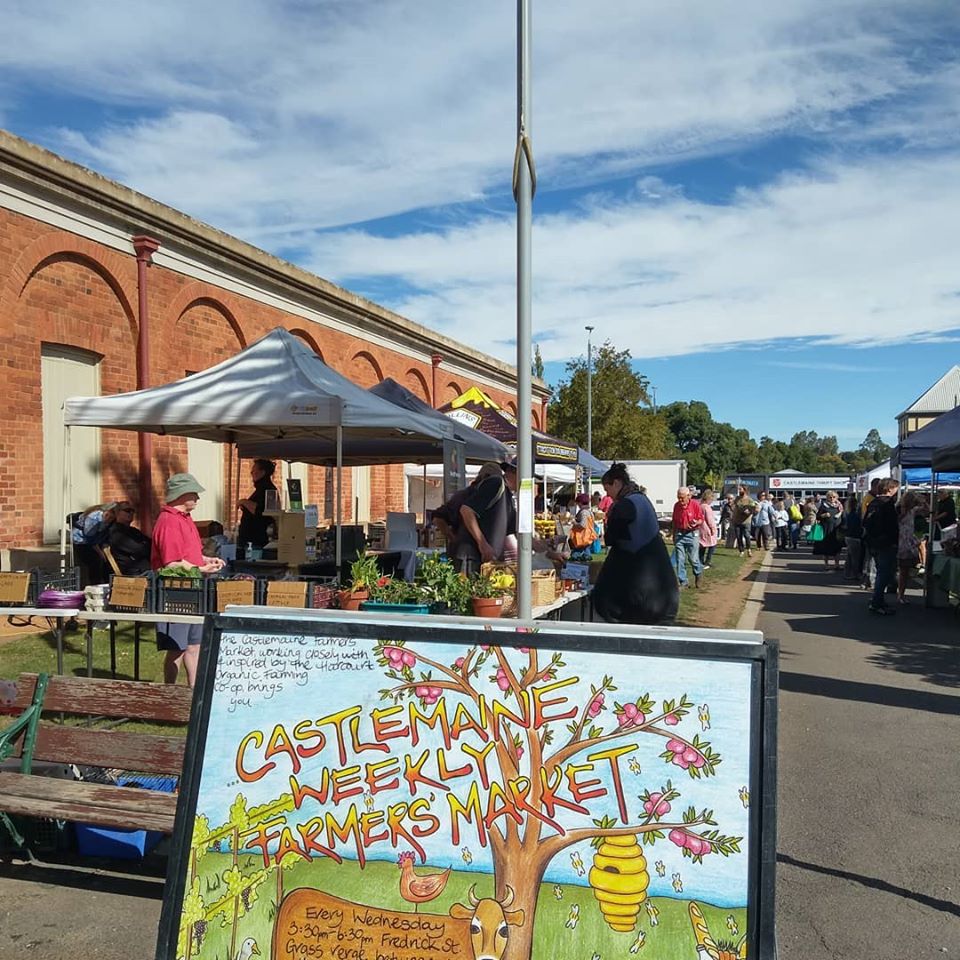
Nature connection as a stress reliever
Another gift from the pandemic was that people flocked to ‘homesteading’ skills and activities.
Gardening, growing your own food, preserving, cooking at home, and enjoying simple pleasures have all trended. It was already happening, but it’s as if everyone has suddenly started to take seriously the very real benefits of having control over at least part of your own food supply!
Quite apart from the practicalities of growing your own food, spending time in the garden makes a lot of sense in stressful times.
How spending time with your fruit trees can reduce stress
A lot of people are drawn to gardening intuitively. You just know that hanging out in your garden with your fruit trees makes you feel less stressed, even if you’re not sure exactly why. But there’s also good science to back this feeling up.
Studies have shown that spending even two hours a week in nature substantially increases health and psychological well-being. This can be as simple as walking in the park or being in the bush.
And the benefits for gardeners (and farmers) are even greater. Working with the soil is known to have an even stronger positive effect on health.
Gardeners and farmers alike have a feeling for the soil and know firsthand the restorative experience of working with it.
Joseph R. Heckman, Soils and Human Health
The world is a stressful place, and because we spend so much time on screens it’s in our faces most of the time.
So put down your phone, switch off the TV, and head into the garden. Use those crucial two hours a week of stress-relieving nature-time in caring for your fruit trees and getting your hands dirty.
Your stress levels will thank you.
Related Articles
Warming winter cakes with home-grown fruit
Bake delicious warming winter cakes from the fruit you’ve grown on the fruit trees in your own garden for extra satisfaction.
3 simple ways to improve your soil
Here are 3 simple ways to kickstart the health of your soil to help you grow fruit that is full of vitamins and minerals.
Saving heritage fruit trees by planting them
Many heritage fruit tree varieties are in danger of going extinct. The best way to save them is by planting them in your backyard.
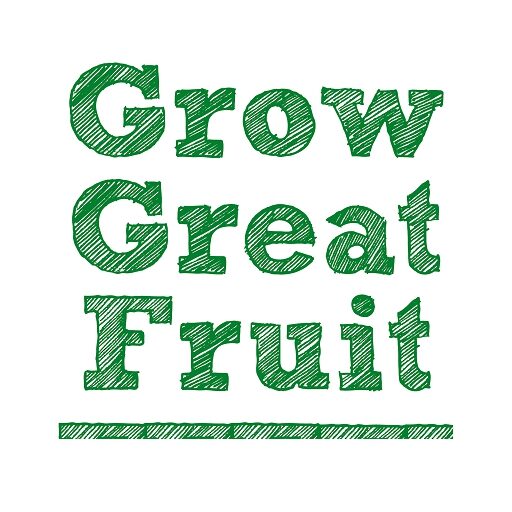
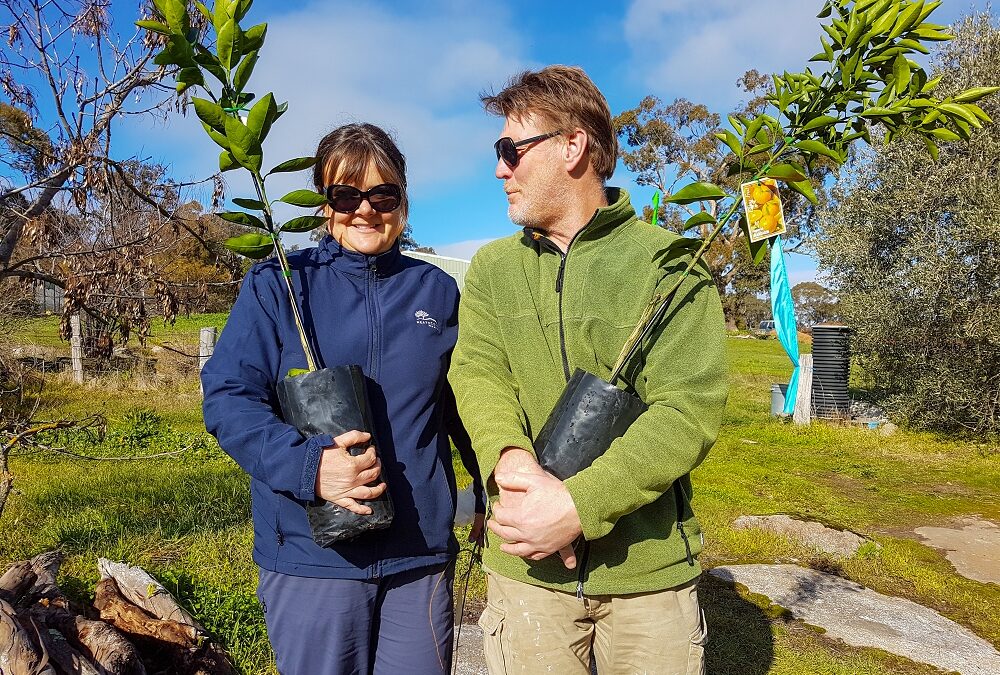


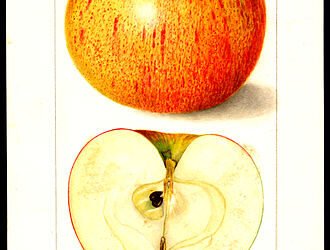
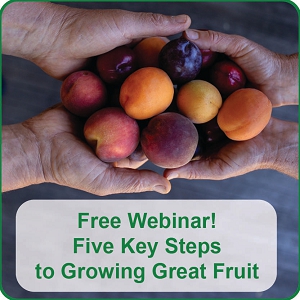
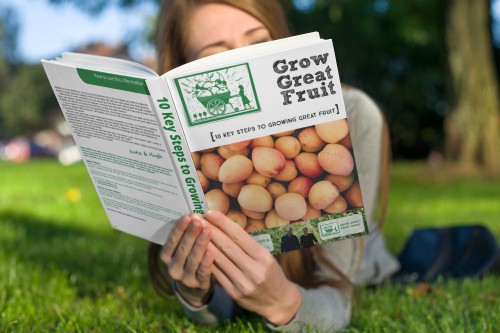
This post was timely,.you know I have been stressing.
Feel like I have been paralyzed this week with anxiety. So much rushing around trying to get ready , dealing with my hubby working from home. I really need to get out in the garden .it gives me so much peace.
Thanks for your post, great to be reminded of the bright side of the situation, it’s true what you say and hoping that the adaptions people have SND will have to make help smooth the changes necessary to avert full climate crisis.
The biochar looks doable too 👍 Thanks for the newsletter
Hi Maya, thanks for the lovely feedback. It’s going to be interesting when all this dies down to see how many of the positive changes ‘stick’ – but I guess that’s up to us, as well!
These are very stressful and anxious times Lynda, so you’re not alone in feeling like this! Glad to hear you’ve got a garden to get into – it’s a very effective form of self-care. Take care.
Hi Lynda – you’re not alone. So many people have been finding this a very stressful and anxious time, so thanks for sharing. So glad you’ve got a garden to get into – it’s the best type of self-care!
Yes I am hoping that things don’t go back to “normal”. This should be the wake up call needed to make changes so that balance in nature is restored. And frankly, if we can adapt to this different way of living for a short term, why can’t it be implemented in a way?
Hi Silvana, yes! It feels like the right time to help as many people as possible get back in touch with nature, and growing their own food – and hopefully it’s the beginning of a new way of life.
This is a great sanity-check exercise. Thanks for putting things into perspective in this time of continuous stirring. I believe it’s a fantastic opportunity for everyone to take steps into a more authentic lifestyle. 🤗
Thanks for your lovely comment Stefania – and that’s what we’re seeing, people are really taking this opportunity to do great things. Stay well!
Thanks for your post. We are so glad that we are semi rural here and already had begun to grow some great veges etc. We have also begun the journey to rejuvenate and care for our little established orchard . Our main problem is the fruit fly which has gained a strong hold here over a long time. To be able to grow one’s own food is a great comfort in these times and we are committed to continuing this journey. We know you have wonderful knowledge and are so grateful right now that you are reaching out to share it with us.
Hi Liz, glad you’re feeling well prepared for the situation – it certainly is a comfort. Best of luck with the fruit fly – it takes a lot of persistence, and the right mix of tools, but it’s certainly possible to get a yeild even with fruit fly around, so don’t give up!
Hi Liz, glad you’re feeling well prepared for the situation – it certainly is a comfort. Best of luck with the fruit fly – it takes a lot of persistence, and the right mix of tools, but it’s certainly possible to get a yield even with fruit fly around, so don’t give up!